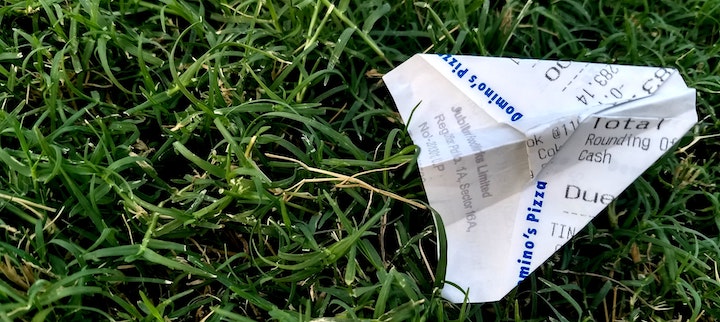
Six types of documents you never knew you should shred
You probably already know that you should always shred documents that contain your name and address or financial information, such as bills and bank statements. But did you know there are lots of other documents that can also help identity thieves?
There are many types of document that you should dispose of securely – not just those that contain obvious confidential information. Although they may not be enough to compromise your privacy in themselves, they could still help an identity thief to piece together a comprehensive set of confidential data about you. This profile could then be used to hack into your accounts or perhaps steal your identity for fraudulent purposes.
Here are the top six types of document that should hit the shredding pile as soon as you’ve finished with them.
Prescriptions and medicine labels
Prescriptions prepared for you by your doctor can list your name, the date when your medicine was initially dispensed, the name of your drug, its strength/dosage and your pharmacist’s name. This information might allow people to refill prescriptions for themselves, or even obtain other drugs using your identity.
Receipts
‘Keep this for your records,’ says the instruction printed on till receipts. In reality, most of us keep them stuffed into our wallet or purse, but end up simply discarding them once there are too many to ignore.
Receipts are so commonplace, and so often seen littering the pavement, that it’s hard to believe they have any value at all. In fact they can still reveal parts of your credit-card number, and also your signature, if you had to sign for payment. To make sure none of that information can be harvested, shred all your receipts securely once you’re sure you won’t need them again.
Boarding passes
Airline boarding passes contain your name, travel plans and frequent flier number. A fraudster could use that information to log into your account and potentially arrange some travel for themselves, or perhaps time a burglary to coincide with your holiday. Make sure the information is securely disposed of by shredding boarding passes as soon as possible after use.
Pet medical papers
No, your pet doesn’t have any online accounts that can be hacked. But you do – and you might use your pet’s name as your password, as many others do. In fact, the name of a pet is the most common choice for a password.
Most of the time, that’s fine, since it’s a memorable word that’s very hard for strangers to guess. But medical papers include your pet’s name, giving identity thieves a head start in hacking your account. Put old and unwanted papers in the shredder to make sure that can never happen.
Free return labels
Many online retailers provide a handy label that you can use if you want to return something you’ve bought. Most of the time, you’re happy with your purchase, so the label goes straight to recycling without a second thought. But any personal information that’s helpful to you can also be helpful to an identity thief – they can pair it with social media profiles to piece together your identity. If you’re not planning on making a return, destroy the return label to keep your data secure.
CVs
Finally, CVs contain all sorts of personal information and give identity thieves a ready-made template from which they can start building up your digital identity. If you’re looking for a job and you print out a few test copies of your CV that you don’t send out, make sure you securely destroy them.
A domestic shredding service is a quick and cost-effective method of securely disposing of confidential documents. For help and advice on shredding please contact one of our shredding specialists.
